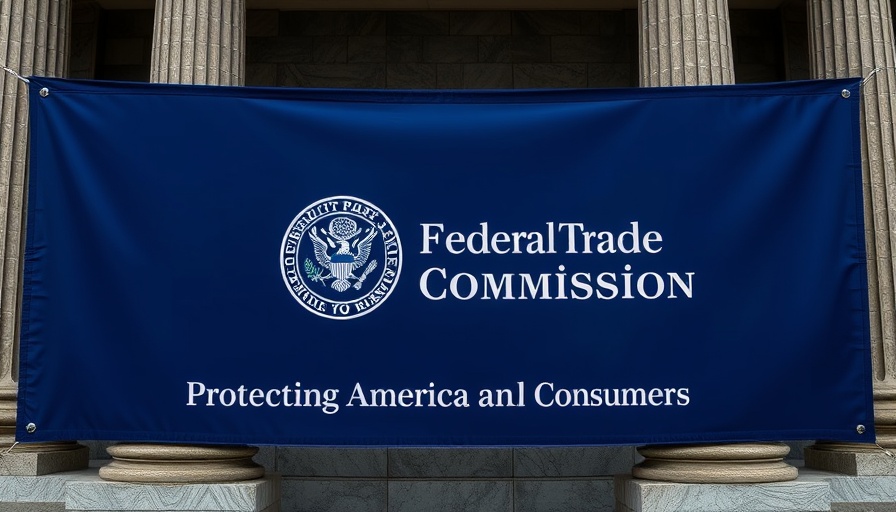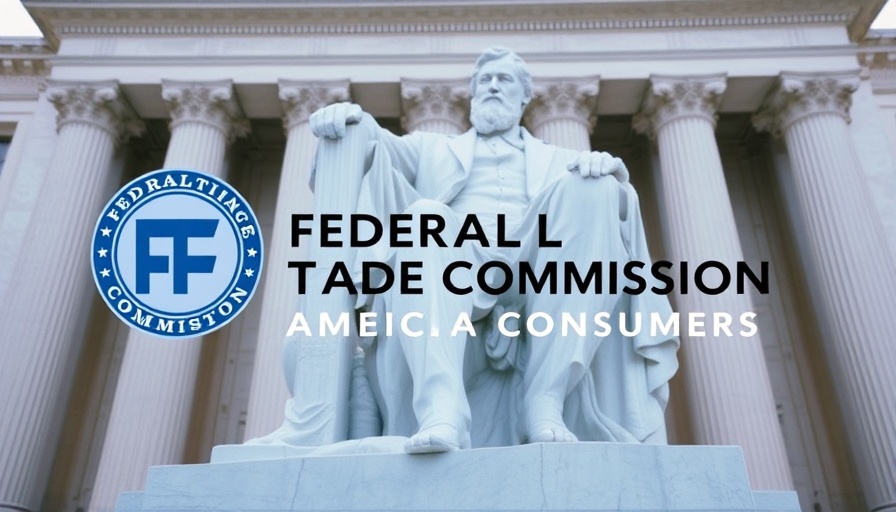
Unmasking the Phantom Debts: FTC Takes a Stand
The Federal Trade Commission (FTC) has made headlines with its decisive action against Global Circulation, Inc. (GCI), a debt collection agency accused of harassing consumers into paying false debts. This deceptive practice is not only unethical but also illegal, leading the FTC to propose a permanent ban on GCI and its owner, Kenneth Redon III.
Understanding the Coercive Tactics Used
As alleged by the FTC, GCI used intimidation tactics such as threats of arrest and wage garnishment to pressure consumers into paying millions on debts that were nonexistent—an appalling violation of consumer rights. This case emphasizes the need for vigilance against predatory practices in debt collection, as highlighted by Christopher Mufarrige, Director of the FTC’s Bureau of Consumer Protection, who condemned the agency's actions as "beyond the pale."
The Broader Implications for Financial Professionals
For business brokers and financial professionals, this situation underscores the importance of compliance with consumer protection laws. Engaging with reputable debt collection agencies is vital, especially when representing clients struggling with debt. It’s crucial to ensure that any debts presented are legitimate and to educate clients about their rights in dealing with collection practices.
Regulatory Landscape and Consumer Rights
This case also serves as a reminder of the regulatory environment surrounding debt collection. The FTC’s crackdown on GCI reflects a growing trend toward stricter enforcement against deceptive practices. Financial professionals should stay informed of these developments to help protect their clients from similar fates.
Conclusion: A Call for Ethical Practices
In conclusion, the FTC's action against GCI might serve as a pivotal moment in the fight against unfair debt collection practices. Business brokers should take this opportunity to review their processes and ensure they uphold the highest ethical standards in all dealings. The financial landscape is shifting, and it's essential for professionals in the industry to adapt.
 Add Row
Add Row  Add
Add 




Write A Comment